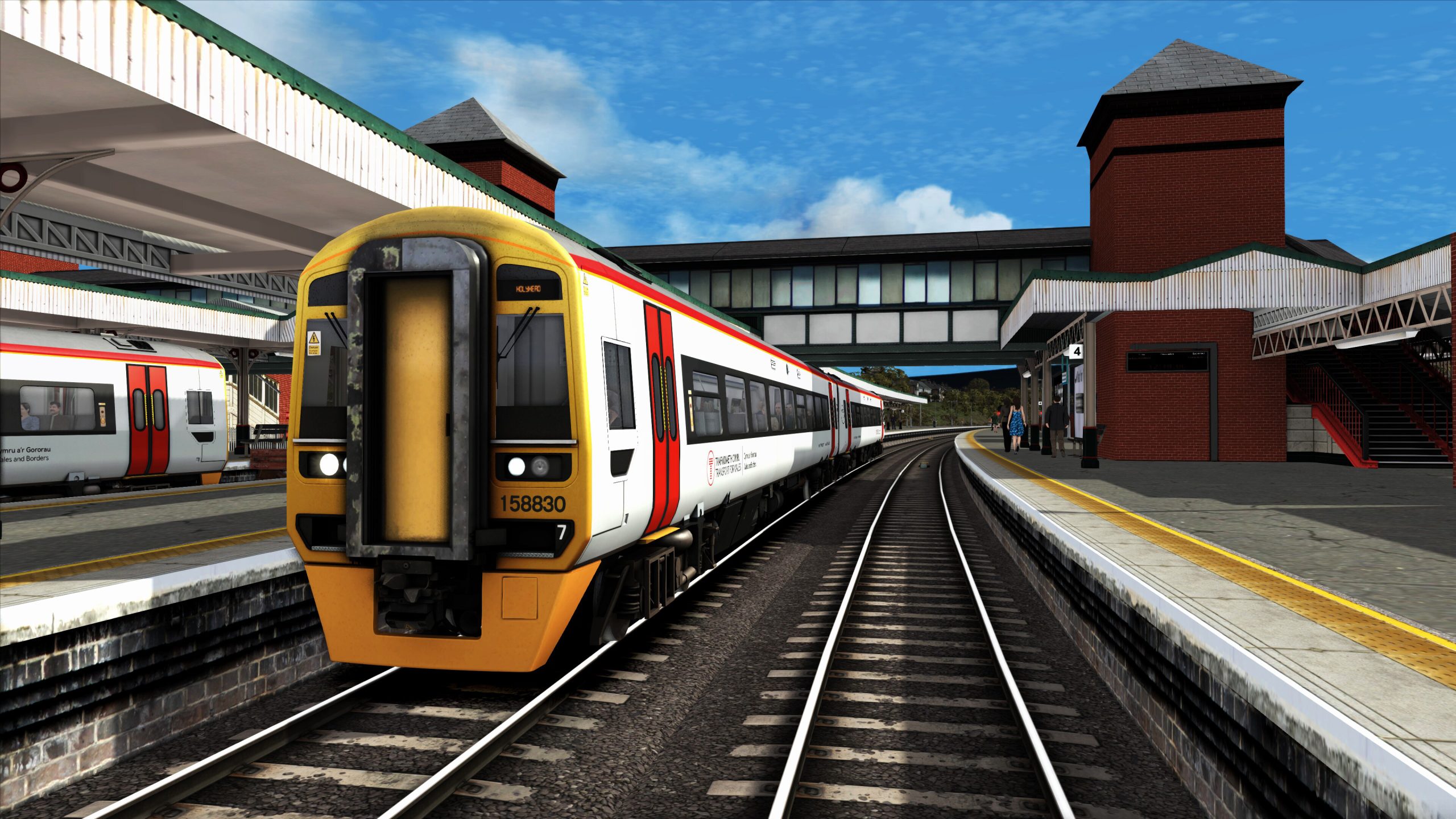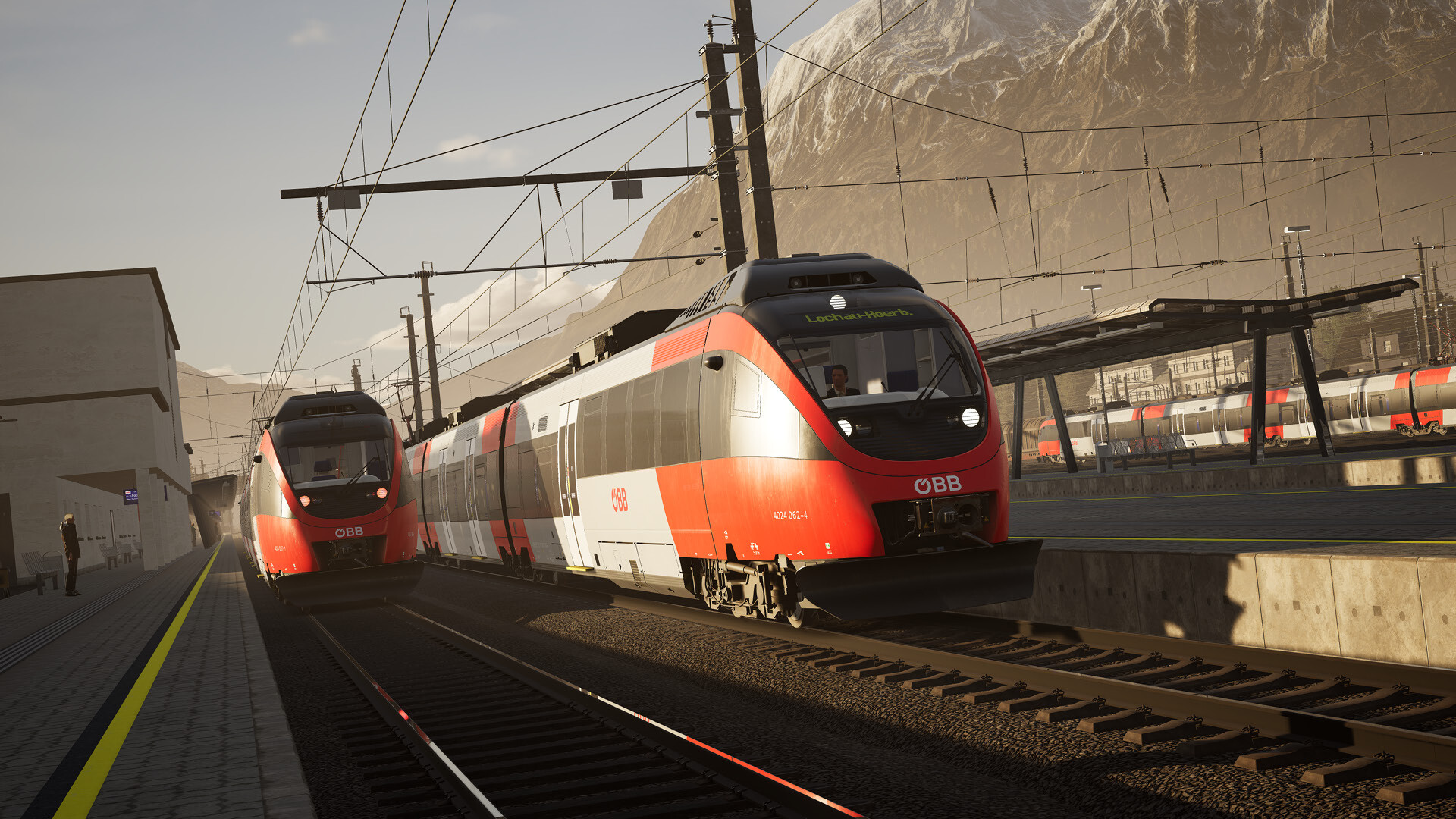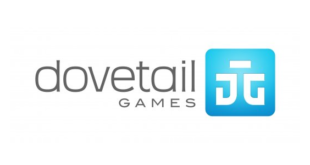We always love an anniversary here at MCV (especially when it gives us the opportunity to mark it with a few tortuous puns) and this month marks fifteen years since Dovetail Games first left the proverbial station. Back then the Chatham-based studio, largely made up of ex-Kuju Entertainment staff – which had developed Microsoft Train Simulator – was set up to deliver DLC for its successful Rail Simulator series and was named accordingly. With a fishing simulator and growing support for Microsoft Flight Simulator on the horizon, the studio began branching out and was renamed Dovetail Games in 2013. It’s remained solidly on track ever since, delivering regular updates for its core simulations and hundreds of DLC to support them.
In celebration, we shunted a few questions over to Dovetail Games’ CEO Jon Rissik and without delay he had the answers back to us on the overnight express:
When you look back over the last 15 years, what are the standout milestones?
There have been so many standout moments that have helped shape our story. Probably the most important decision we made was back in 2015 when we stepped away from being solely reliant on our own proprietary technology and began working in the Unreal 4 engine. That enabled us to move onto the key console platforms and deliver our simulators to a far wider range of gamers. Technically that posed some development challenges, and we weren’t sure that console players would take to our collectable DLC model with the same level of enthusiasm as PC players, but those fears proved unfounded, and that put the business onto a much more stable footing.
Dovetail was conceived to support the Rail Sim brand and it certainly has done that, with hundreds of DLCs made available over the years. What’s the secret to finding success with DLC?
The key for us is that we have created a content and publishing pipeline that can develop, test and release a high volume of content simultaneously across multiple platforms. We are very methodical in selecting the content that we develop. Firstly, it needs to be something that we think will appeal to the enthusiast audience, and we use player survey data and community insight to help with that. Then we need to make sure that we can acquire the appropriate licenses and gain access to accurate reference materials that enable us to recreate locations and locomotives in as much detail as possible. Finally, we have a detailed lifecycle management plan for each release, which enables us to keep serving up promotions that keep individual DLC ‘live’ for our players. Sometimes it feels a little like spinning plates. The key is to quickly spot if a plate is slowing down and then give it a few turns! This becomes trickier as the back catalogue grows so vast, but as a company we have never really been about day one sales. We take a long-term view of things.

When Railsimulator.com became Dovetail, the plan was to broaden your focus to include flight sims and fishing. Would you say you have been successful given that trains are still the main focus for the company?
When I joined the company in 2012, I knew that it was very important to become known for more than one thing, and I think we have achieved that. Our work in both the flight sim and fishing spaces has been highly successful. Both have helped us build the company, and we have learned a lot from the experience. I believe that our future remains in building simulation experiences for both core and mainstream players, and a portfolio that goes beyond trains is key to that.
Ten years ago in the pages of MCV there was a hope to have 400 employees within five years and 10-15 million players of your games by 2020. How is that coming along?
Well, it’s true that we haven’t hit the 400 internal employees mark but if you take into ’account our partners and the third-party train development community that we have supported for many years then we are probably through that number. At the end of the day I don’t believe that the number of employees is a good measure of business success. After all, you can create a fabulous experience with a team of five. We’re also extremely happy with our player numbers. It’s easy to go back and pull the thread of an ambitious target that was set 10 years ago, but I would rather concentrate on doubling down on our successes and learning from our mistakes, so that we can build an even more successful business over the next 10 years.
… More seriously, it’s been a tough time for the industry for the past 18 months. How has Dovetail been impacted, if at all?
It’s been tough for everyone of course, but particularly for those that have had their roles impacted directly over that period. We have seen our player numbers continue to grow during this time but player spending levels have been more of a challenge. We have always tried to be quite a lean business, and invest prudently, and that will continue even as we drive our growth plans forward.
Would you say the market for sims is more resilient than for other games? How so?
People who play simulators (particularly job simulators) tend to invest a lot of time and energy into those experiences, and I guess that breeds a certain level of resilience. Genres like simulation are rarely considered ‘cool’ and although that means that products rarely break into industry top 10’s, they tend to have a longer than average shelf life and have fairly predictable revenue streams. That’s not necessarily a bad thing at a time when the industry is facing commercial challenges.

Obviously it helps to have people on board at the company that are themselves hobbyists. Is it hard to find the right people that can appreciate the appeal of products like Train Sim World?
We have always wanted to have a healthy blend of people in the company. Yes, we have rail fans in the company and they are invaluable. However, I have always believed that being a hobbyist isn’t essential. Being good at your job is essential. A willingness to learn and grow is essential. We adopt a highly flexible ‘work where you work best’ policy, and that has led to an influx of fabulous talent from the UK, and across a number of international geographies.
It’s been a few months since Focus acquired Dovetail. How has that been and what has changed strategically and operationally?
The acquisition was in April 2023 and since then we have got to know our new partners very well. I am delighted to say that Focus Entertainment (renamed as PulluP Entertainment in April 2024) have been extremely supportive of me and my team. They’ve not tried to change who we are, but have been there to add their expertise and advice across a matter of topics. They support our ambitious plans to grow the business and to create exceptional simulations for every type of player. I feel confident that we found the right home and that our path within the wider organisation will be a successful one.
What is on the horizon for Dovetail?
Our company vision is to create exceptional simulations for everyone. That could be via products that primarily target enthusiasts, like Train Sim Classic, or something far broader that retains some simulation fundamentals, but expresses them in highly accessible ways, incorporating more traditional gameplay loops, to be enjoyed in group as well as solo play. A small example of this is Train Sim World: Tycoon, our Roblox game coming later this year. Unfortunately, I can’t go into more detail right now, but expect to hear a lot more about this and other IPs over the next 12 months or so. I am more excited about the future trajectory of Dovetail than ever.

 MCV/DEVELOP News, events, research and jobs from the games industry
MCV/DEVELOP News, events, research and jobs from the games industry



